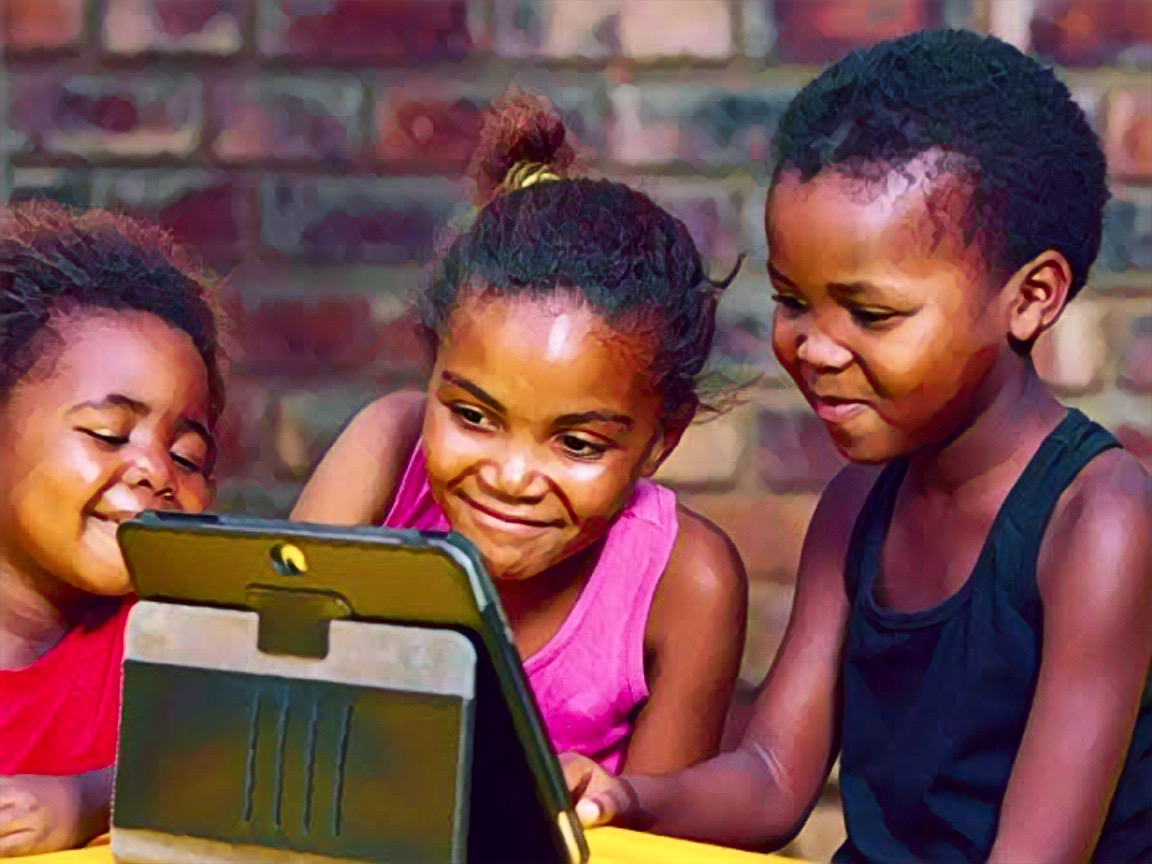KEY POINTS
- Energy access fuels digital literacy by powering education tools and e-learning.
- Solar mini-grids and off-grid systems bridge Africa’s digital divide.
- Addressing energy challenges unlocks Africa’s potential for a digital economy.
Africa’s digital transformation is on the rise, and one key factor driving this shift is improved energy access.
Reliable access to electricity is no longer just a development goal, it’s a necessity for digital inclusion, education, and economic growth.
Without it, millions are cut off from opportunities in the digital world.
As more African countries work toward energy sufficiency, communities are experiencing a digital awakening.
Households, schools, and businesses are getting connected to the internet, students are learning with digital tools, and entrepreneurs are using technology to drive innovation.
But how exactly does energy access fuel digital literacy, and what does this mean for Africa’s future?
Energy access bridges the digital divide in African communities
The digital divide, the gap between those with access to technology and those without, remains a major challenge in Africa.
However, improved energy access is helping to bridge this divide.
With more homes, schools, and public spaces connected to stable electricity, people have a better chance of accessing the internet, mobile devices, and digital tools.
In many rural areas, access to energy was once a luxury. Households relied on kerosene lamps or diesel generators, which are costly, unreliable, and environmentally harmful.
But thanks to renewable energy projects like solar mini-grids and off-grid systems, communities now have access to affordable and clean power.
With consistent electricity, schools can power computers, charge digital devices, and introduce students to essential skills like coding, online research, and digital communication.
Remote learning also becomes possible, as students can access e-learning platforms and educational apps.
This transformation is crucial, especially in regions where access to physical classrooms is limited.
Government-led initiatives, as well as support from development partners, are driving change.
Projects like the Power Africa initiative have been pivotal in scaling access to clean and sustainable energy.
In turn, this energy boost enables access to mobile networks, Wi-Fi hotspots, and charging stations that support digital growth.
Better electricity drives education, e-learning, and digital skills development
Digital literacy begins with access to educational tools, and in Africa, this access depends on stable energy.
Schools, universities, and learning centers that once operated without power now have the means to integrate modern learning tools.
Students who previously had to rely on paper-based education can now explore e-learning platforms, online libraries, and interactive educational apps.
E-learning platforms like Eneza Education in Kenya and uLesson in Nigeria are transforming how students learn, but they require energy to run.
These platforms rely on smartphones, tablets, and computers, all of which need to be charged frequently. Without access to affordable electricity, e-learning initiatives cannot reach their full potential.
The COVID-19 pandemic further exposed this challenge. During lockdowns, schools and universities worldwide shifted to online learning.
In Africa, the impact was uneven. Students with access to electricity and devices could continue their education online, but those in off-grid communities were left behind.
This experience highlighted the need for energy infrastructure that supports education and digital literacy for all.
Tackling energy challenges to unlock Africa’s digital future
Despite progress, energy access in Africa remains a significant challenge. The International Energy Agency (IEA) reports that around 43 percent of the African population still lacks access to electricity.
The situation is worse in rural areas, where infrastructure development is slower and off-grid energy systems are needed.
Without sufficient electricity, efforts to drive digital literacy are hindered. Students can’t charge their devices, online learning is disrupted, and e-government services remain out of reach. Businesses, too, face challenges when trying to digitize operations.
To address these challenges, governments, private investors, and development partners are scaling up investments in renewable energy.
Solar power, wind farms, and hydroelectric projects are being developed to expand the continent’s energy capacity.
Off-grid solutions like pay-as-you-go (PAYGO) solar home systems are also playing a critical role.
These systems allow households to access electricity affordably, enabling them to charge phones, power radios, and support small digital devices.
The African Development Bank (AfDB) is also supporting the push for energy access.
Through initiatives like the “New Deal on Energy for Africa,” the AfDB aims to achieve universal energy access by 2025. If successful, this initiative would have a transformative impact on education, business, and digital literacy.
The path forward involves continued investment in energy infrastructure, support for e-learning platforms, and policy reforms that make energy more affordable.
By tackling energy challenges, African nations can create a digital-savvy workforce ready for the future of work.



